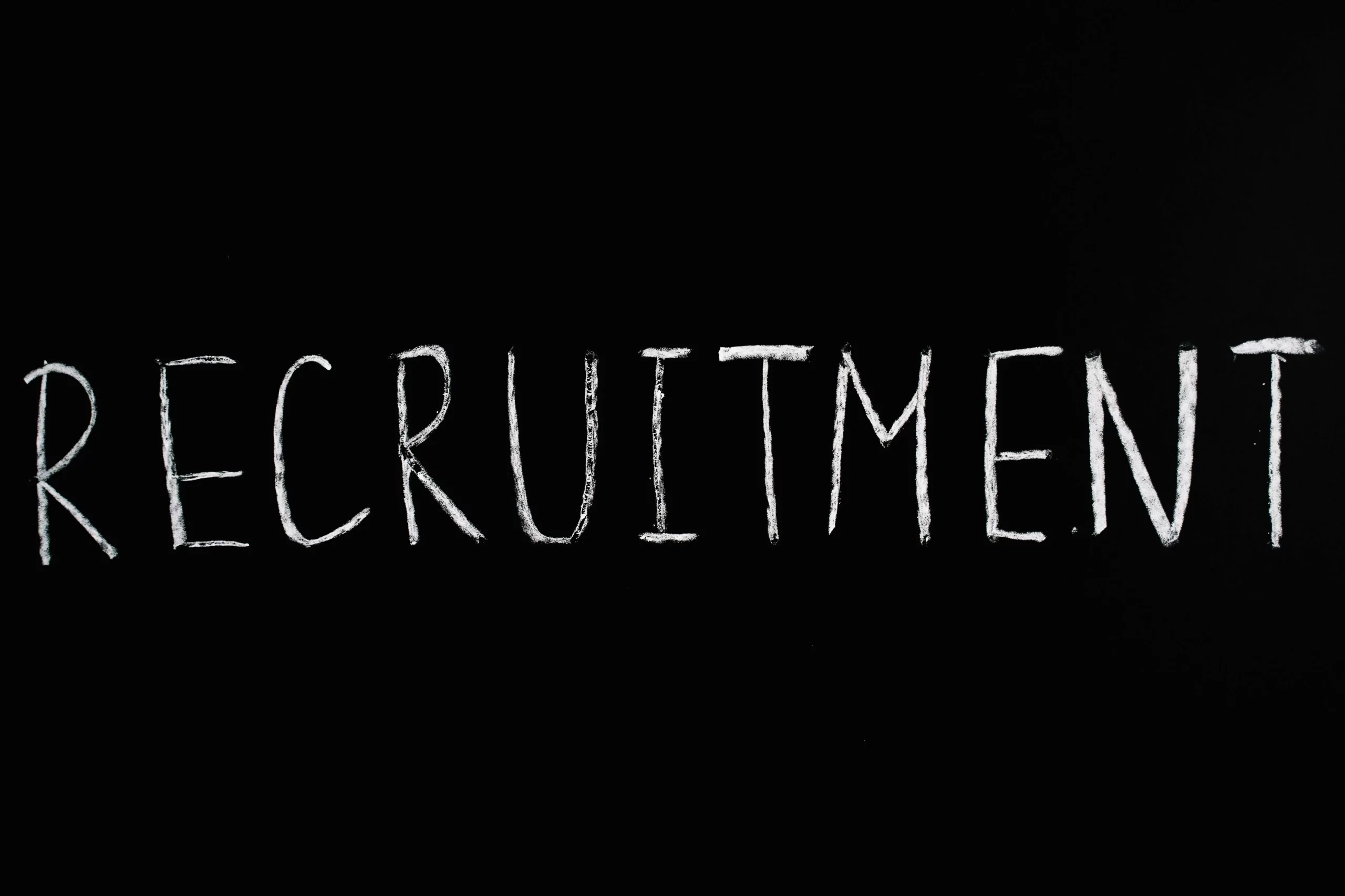Introduction
Technical roles are some of the hardest to fill. The process is a landmine of recruitment challenges.
HR teams often find themselves under-resourced and struggling to find suitable talent, while engineers waste too much time interviewing candidates who don’t meet the necessary qualifications.
Meanwhile, high-quality candidates get frustrated by slow and inefficient hiring processes and often drop out.
The global tech talent shortage further intensifies these hiring challenges, making it even more difficult for even the best companies in the world to secure commitments from their top prospects.
In this blog, we explore the most common talent acquisition challenges in technical hiring and provide strategies for addressing them.
Recruitment Challenges Faced by Recruiters in Tech Hiring
1. Long Hiring Processes
Technical hiring often involves multiple rounds of interviews and assessments, not to mention reference checks — all of which take time to schedule and complete.
Implementing an applicant tracking system (ATS) can help you stay organized. Investing in recruitment automation tools that can schedule interviews and send reminders with minimal human intervention is also worth it.
2. Candidate Screening from A Large Pool of Applications
Do you receive large volumes of resumes for your tech job listing? It would be unrealistic for your HR team to dive deep into each application.
Recruiters can only spend 60 to 70 seconds reviewing a resume (the industry average), increasing the likelihood of missing qualified candidates.
Try using AI-powered resume screening tools to improve efficiency and ensure great talent can stay caught up. These tools can rapidly analyze vast resumes and shortlist those that meet specific job criteria.
3. Unclear Job Requirements
Technical positions require specialized and rapidly evolving skills, making them particularly challenging to fill.
And because most recruiters are not IT people, they must be equipped to write job descriptions that accurately reflect the role’s day-to-day demands. This is one of the significant challenges in tech hiring.
The solution? Involve your engineering managers in defining job specifications and assessing technical competencies accurately. They can help you write clear and concise descriptions of the technical skills and experience needed in the role.
4. Identifying the Suitable Candidates
The only way to evaluate a candidate’s technical skills is to measure them through coding tests and other assessments.
However, more than technical skills are needed to ensure success in a role. Through behavioral interviews, recruiters must also evaluate a potential hire’s communication, problem-solving, and teamwork skills.
Behavioral interviews assess soft skills and cultural fit and reveal if a candidate’s personality aligns with your company’s values and team dynamics.
5. Qualified Candidates Are Hard to Find and Reach
Many skilled IT professionals are already employed in this talent-strapped market and are not actively searching for new jobs.
Putting in extra effort to attract ‘passive’ candidates would help. You can address this HR recruitment issue with AI.
AI-driven hiring tools can access and analyze publicly available data on social media profiles (such as job titles, skills listed, etc.) and then compare this data with your job opening’s specific requirements.
This allows you to identify people who might be a good fit, even if they have not applied actively. Some tools can even send personalized messages to potential candidates on these platforms.
6. Adoption to Changing Skill Set Requirements
New programming languages and frameworks are constantly emerging. The so-called ‘best way’ to do things in IT continually changes, adding problems to the recruitment process.
What was considered cutting-edge yesterday might need to be updated just a few months from now, making it tricky to find technical specialists who can do exactly what you need.
The technical skills you need from your employees will also change as your company adapts to technological shifts. For example, if you’re moving towards cloud computing, you will need tech workers with cloud expertise, even if their current focus is on-premise servers.
How do you recruit people who can adapt to changing requirements? The key is to look for solid problem-solving, analytical thinking, and communication skills.
While specific technologies may change, these core skills are always valuable in technical roles.
As a recruiter, you must look for these core abilities and assess a candidate’s willingness to learn new things. Remember: The most successful technical professionals embrace lifelong learning.
7. Prolonged Candidate Sourcing
It can take a while to source qualified candidates for tech roles due to the high demand for skilled tech professionals and the particular skill sets often required. This is one of the biggest challenges faced by recruiters in this market.
Why not use AI to expand your reach? With automated resume screening and technical assessments, finding and measuring candidates fit for specific roles is easier.
Some advanced AI tools can even use historical data and machine learning to predict which candidates will most likely succeed in a particular role.
8. Inefficient Interview-To-Hire Ratios
If you’re interviewing many people before making a single hire, it’s time to examine your interview-to-hire ratio closely. Ask these questions:
- Are there specific positions causing the bottleneck? Identify the problematic positions and revise their job descriptions to make them more transparent and standardize interview questions so that they effectively assess the necessary skills.
- Do your internal recruiters and hiring managers fully grasp the roles they’re filling? If not, train them on the relevant technical skills and industry trends they need to be looking for.
- Are you putting your money in the channels that bring the best results? Revisit your recruiting budget and refocus on the most effective recruitment channels
9. Lack of Technological Proficiency
Sadly, many applicants for tech positions pad out their resumes with exaggerated skills. And with a technical assessment system, you will save time interviewing unqualified candidates who slip through the cracks.
Consider incorporating AI-powered screening and coding tests in your pre-screening process. These tools address some of the trickiest challenges in the recruitment industry by quickly identifying candidates with the skills necessary for the job.
This eliminates the need for multiple interview rounds, dramatically shortening your hiring timeline. These tools can objectively assess skills based on predefined criteria to reduce bias in the initial candidate selection stages.
Conclusion
Glider AI can help you take your tech hiring process from a slow slog to an efficient operation. It also addresses online hiring challenges with features like remote testing and interviews.
Schedule a demo to see how our AI-powered recruitment platform can solve your recruitment woes and help you attract top tech talent.



